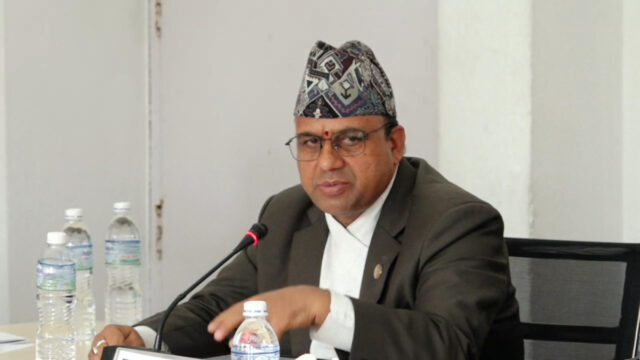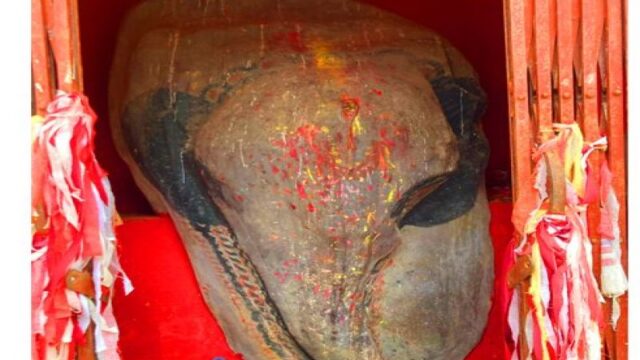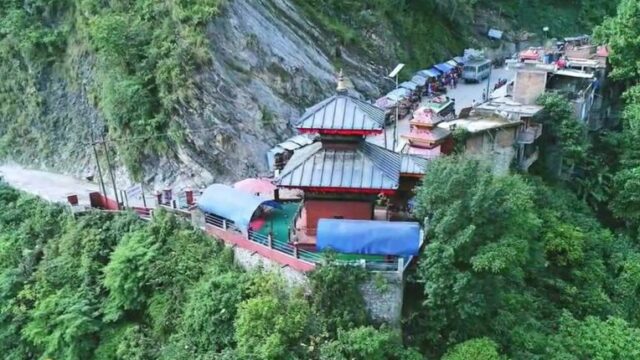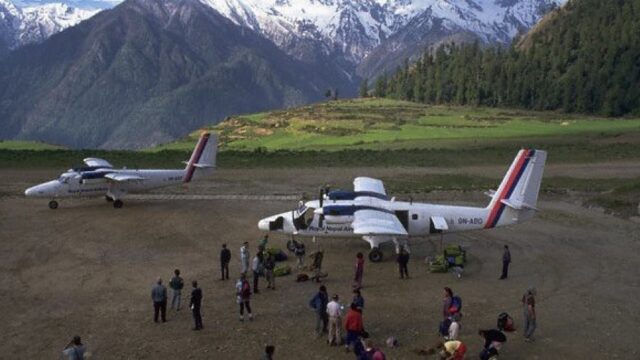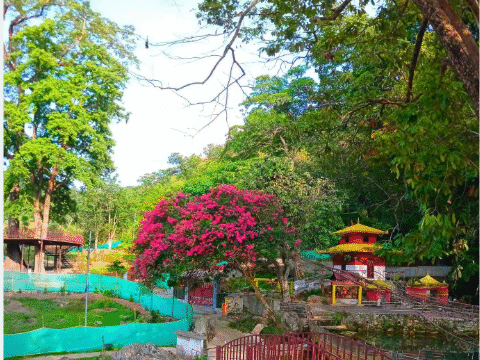The traditional observance of Somabare Aunsi, a significant day in the Vedic Sanatan Hindu calendar, was marked across Nepal this morning with the practice of Maun Snan (silent bathing). This ritual, observed on the day of Aunsi (New Moon) when it coincides with a Monday, is a practice rooted in ancient traditions.
On Somabare Aunsi, devotees wake up early in the morning and take a bath in silence, as it is believed to fulfill one’s wishes and bring about a harmonious married life, according to Vedic scriptures. Dr. Devmani Bhattarai, a member of the Nepal Panchang Nirnayak Samiti and an expert in Hindu scriptures, stated that Somabare Aunsi occurs two to three times a year. He further explained that bathing silently on this day is mentioned in various religious texts as a way to attain everlasting virtues and happiness in marital life.
The Aunsi (New Moon) day is also considered significant for performing Shraddha (rituals for deceased ancestors) and Tarpan (offering water to ancestors). On this day, it is customary for both those who have living parents and those whose parents have passed away to bathe in the morning. Each month’s Aunsi is celebrated as a special festival within the Vedic Sanatan tradition.
Today, being the Bhadra Krishna Aunsi, households across Nepal are also observing the tradition of bringing Kush (sacred grass) into their homes. Kush is considered essential for conducting various religious rituals throughout the year, both for the living (Devakarya) and for ancestors (Pitrikarya).
In addition to the silent bathing ritual, today is also observed as Pitra Samman Diwas (Ancestor’s Day), where respect is paid to one’s ancestors. Those whose parents have passed away observe the day by performing Shraddha, Tarpan, and offering Sida Daan (donations). Dr. Bhattarai highlighted that the Aunsi falling on a Monday holds particular significance for these rituals.
Across the country, devotees have flocked to various sacred sites to perform the traditional bathing ritual, underscoring the deep-rooted cultural and religious significance of this day in Nepal.

